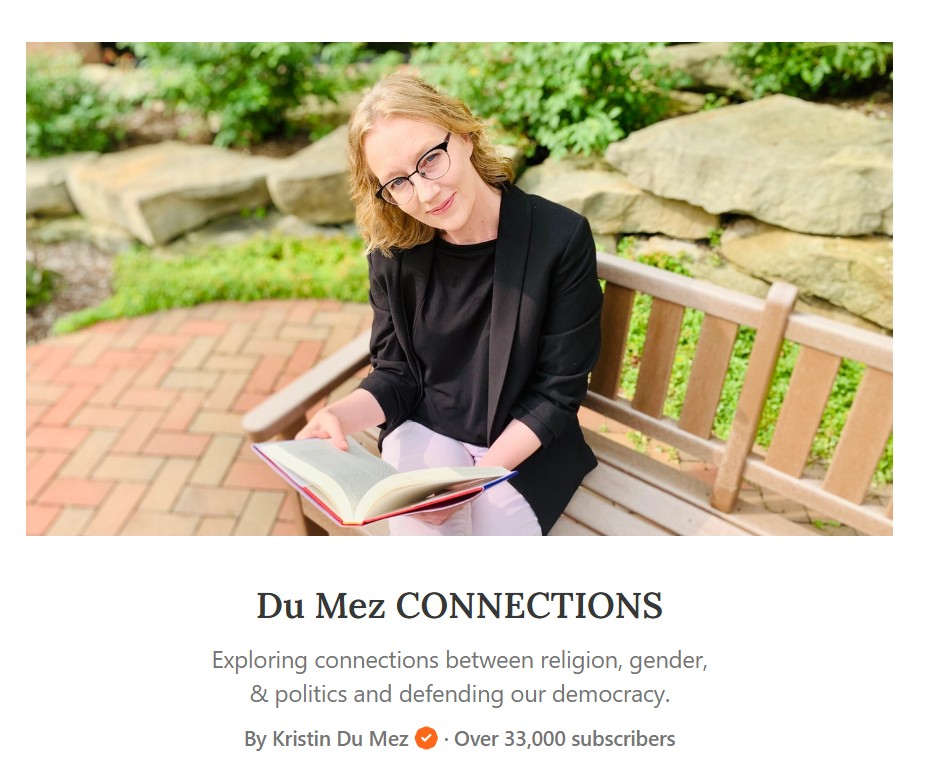The much anticipated Valentine’s Day release 50 Shades of Grey set off a flurry of activity on social media sites, with bloggers lining up to cajole, shame, reason, or plead with women to resist temptation and abstain from viewing the film. In a case of strange bedfellows, if you will, conservative Christians and liberal feminists alike castigated the film for its packaging of abuse as mainstream entertainment. (Feminists and Christians were also joined by a fair number film critics, whose condemnation revolved more around the film’s artistic offenses than its moral flaws.)
Christians had reason to be concerned about the film’s pernicious influences, even among their own. A 2013 Barna Group study revealed that roughly 9% of practicing Christians had read 50 Shades since its publication the previous year, the same proportion as the general adult population. Despite (or, one wonders, because of?) the social media campaign, the film opened to a record-breaking weekend, though ticket sales have reportedly dropped off rather dramatically since. The film has, however, succeeded in generating a lively conversation among Christians about sex, power, and the abuse of women.
It wasn’t all that long ago that the topic of abuse was all but taboo in many Christian circles. Among conservative Christians who instructed women to submit to their husbands and men to assert headship over women, there was little space in which to address issues of abuse, especially abuse that occurred within the household. In recent years, however, churches, organizations, and individuals have worked to address domestic abuse within Christian communities more openly. Public scandals—from the treatment of rape victims at Bob Jones University, to the well-publicized misogyny of evangelical mega-church pastor Mark Driscoll, to accusations of domestic abuse brought against emergent church leader Tony Jones—have kept the topic of abuse a matter of public discussion among American Christians.
In bringing to light the problem of abuse perpetrated by men who profess to be Christians, however, fellow believers must inevitably confront a critical question: Do perpetrators commit acts of violence against women in contradiction to the theology they espouse, or does that theology itself facilitate a culture of violence against women?

For the majority of Christians, the 50 Shades backlash has reinforced a narrative that locates abusive practices comfortably outside of Christian tradition, and then situates the faith as a powerful antidote to the oppression of women. This narrative, it may be worth noting, finds echoes in American Christians’ enthusiasm, as of late, for global and domestic anti-trafficking campaigns, and for a public concern about the status of women in Islamic cultures. E. L. James’s “soft porn” depiction of male dominance and female submission, together with Hollywood’s eagerness to cash in on these domination fantasies, certainly lends itself to this interpretive trend.
A smaller number of Christians, however, have demonstrated a willingness to question whether Christianity itself, and particularly the patriarchal teachings that have long shaped Christians’ views of gender and sexuality, may in fact contribute to the abuse women suffer at the hands of Christian men.
This was precisely the question posed over a century ago by a remarkable woman by the name of Katharine Bushnell. Like many other Protestant women of her day, Bushnell was a social reformer. After a brief career in missions, she took up the cause of temperance, which soon brought her into contact with the most destitute of women. Troubled that a purportedly Christian society rebuked “fallen women” as beyond redemption, while essentially allowing men to do as they pleased, Bushnell took up the issue of prostitution in Victorian society. Through her efforts to expose the state-sanctioned prostitution in Wisconsin lumber camps, and then for her campaign against the abuse of women at the hands of the British military in colonial India, Bushnell emerged as an internationally-known activist.
Time and again Bushnell was startled to find that it was Christian men who were perpetrating acts of cruelty against women, or upholding legal or social structures that enabled other men to do so. Even when such men were publicly called out for their complicity in crimes against women, other Christians often continued to consider such men “respectable” Christian gentlemen. Ultimately, Bushnell came to conclude that Christianity itself must be to blame, and she turned her attention to the Christian Scriptures in order to discover the theological roots of the abuse of women.
She found what she was looking for in the early chapters of Genesis, where Eve was purportedly but an afterthought, a “weaker vessel,” culpable for humanity’s fall into sin—a mistake so grave that even Christ’s atonement was not sufficient to lift the curse from her and all women after her. Bushnell also found evidence that the “sacred institution” of Christian marriage in fact robbed women of their will in such a way as to amount to nothing less than “the sexual abuse of the wife by the husband.” She defended her use of the term “abuse,” arguing that subordination was abuse. “Man would feel abused if enslaved to a fellow man,” she argued, and the same was true of women, even if theologians liked to consider women’s subjugation “the happiest state in which a woman can exist.” All of this led Bushnell to conclude that crimes against women were, indeed, “the fruit of the theology.”
Despite these conclusions, however, Bushnell didn’t reject Christianity in its entirety. Rather, trained in classics, she investigated English translations in light of Hebrew and Greek texts, whereupon she discovered a centuries-long pattern of mistranslation and misinterpretation that had distorted true Christianity into “a whole fossilized system” of patriarchal theology. By retranslating the Scriptures, she provided a new gospel for women—one that did not prescribe subordination to men as perpetual penance for Eve’s sin, but rather offered an expansive biblical vision for women’s religious and social authority. Most remarkably, Bushnell developed her radical feminist re-readings of the Scriptures while upholding the authority of the scriptures. Indeed, when it came to issues of biblical interpretation, she identified as a fundamentalist, staunchly opposed to the threats of modernism.
Bushnell’s teachings, which she published as God’s Word to Women, remain popular among some conservative Christian subcultures today, and they have proven formative to a number of Christians who are working within their communities to combat the abuse of women and advocate for women’s religious and social authority.
Even today, Bushnell’s writings offer a poignant challenge to Christians who may be tempted to locate the cause of abuse outside the Christian tradition, and to turn a blind eye to the ways in which patriarchal interpretations of the Scriptures may have distorted Christianity itself.
Those seeking to combat the abuse of women worldwide as part of their Christian witness may be better positioned to do so, and able to do so with more integrity, after coming to terms with the effects of patriarchy within their own tradition. And for that, Katharine Bushnell may be a good place to start.

Cite:
Du Mez, Kristin Kobes. “The Crime is the Fruit of the Theology: Christian Responses to “50 Shades of Grey.” Oxford University Press’ OUPblog, Oxford University Press. March 21, 2015. https://blog.oup.com/2015/03/crime-fruit-theology-christian-responses-50-shades-grey/


